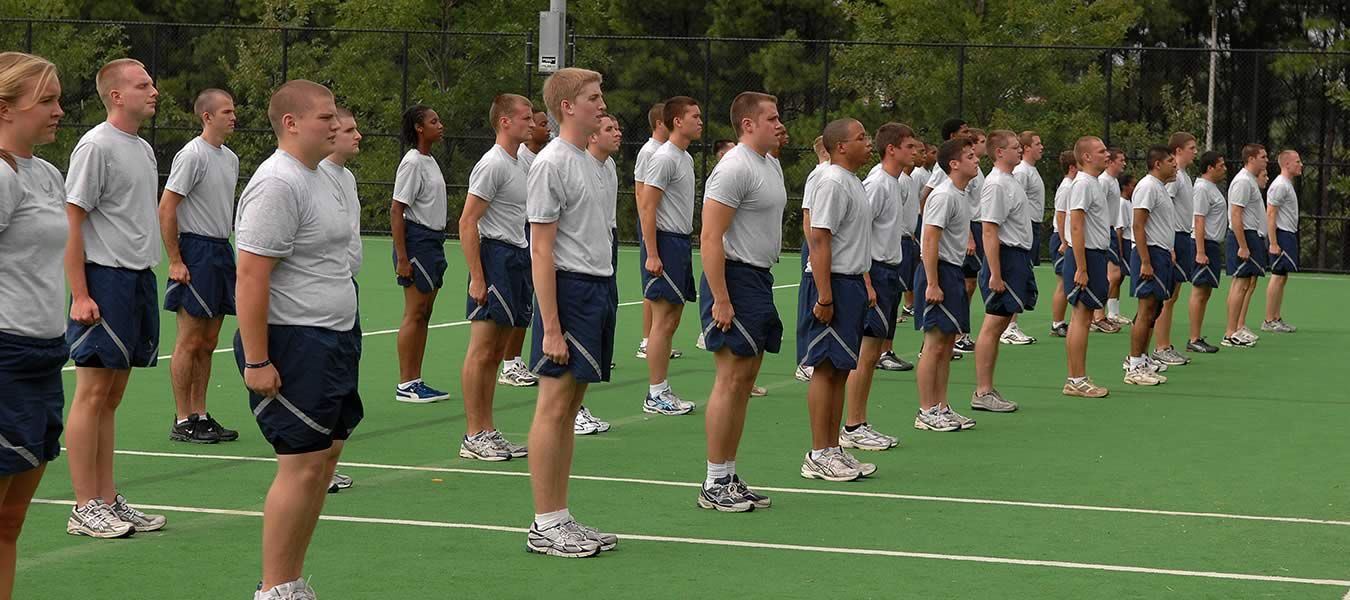The Warfare State and the Hardening of Everyday Life
Henry A. Giroux -
 Since 9/11, the war on terror and the campaign for homeland security have increasingly mimicked the tactics of the enemies they sought to crush. Violence and punishment as both a media spectacle and a bone-crushing reality have become prominent and influential forces shaping U.S. society. As the boundaries between “the realms of war and civil life have collapsed,” social relations and the public services needed to make them viable have been increasingly privatized and militarized.1 The logic of profitability works its magic in channeling the public funding of warfare and organized violence into universities, market-based service providers, Hollywood cinema, cable television, and deregulated contractors. The metaphysics of war and associated forms of violence now creep into every aspect of U.S. society.
Since 9/11, the war on terror and the campaign for homeland security have increasingly mimicked the tactics of the enemies they sought to crush. Violence and punishment as both a media spectacle and a bone-crushing reality have become prominent and influential forces shaping U.S. society. As the boundaries between “the realms of war and civil life have collapsed,” social relations and the public services needed to make them viable have been increasingly privatized and militarized.1 The logic of profitability works its magic in channeling the public funding of warfare and organized violence into universities, market-based service providers, Hollywood cinema, cable television, and deregulated contractors. The metaphysics of war and associated forms of violence now creep into every aspect of U.S. society.

 Monica A. F. Lounsbery, Kathryn A. Holt, Shannon A. Monnat, Thomas L. McKenzie, and Brian Funk - Physical inactivity is receiving growing attention given its documented relationship to a variety of chronic health (
Monica A. F. Lounsbery, Kathryn A. Holt, Shannon A. Monnat, Thomas L. McKenzie, and Brian Funk - Physical inactivity is receiving growing attention given its documented relationship to a variety of chronic health (
 We hear a great deal about the over-use of tests in schools, but one test that we all need to pay more attention to is the ASVAB (Armed Services Vocational Aptitude Battery). The ASVAB is purported to be a series of vocational interest and academic skills tests, and the emblem of the sponsoring Department of Defense is intentionally downplayed on the testing materials. Since 1968, millions of high school students have taken the ASVAB and, as a result, have unwittingly given the military access to their personal information. This information is then turned over to recruiters, raising serious legal concerns regarding privacy rights and protections.
We hear a great deal about the over-use of tests in schools, but one test that we all need to pay more attention to is the ASVAB (Armed Services Vocational Aptitude Battery). The ASVAB is purported to be a series of vocational interest and academic skills tests, and the emblem of the sponsoring Department of Defense is intentionally downplayed on the testing materials. Since 1968, millions of high school students have taken the ASVAB and, as a result, have unwittingly given the military access to their personal information. This information is then turned over to recruiters, raising serious legal concerns regarding privacy rights and protections. While violence is not new to the human race, it is an increasing problem in modern society. With greater access to firearms and explosives, the scope and efficiency of violent behavior has had serious consequences. We need only look at the recent school shootings and the escalating rate of youth homicides among urban adolescents to appreciate the extent of this ominous trend. While the causes of youth violence are multifactorial and include such variables as poverty, family psychopathology, child abuse, exposure to domestic and community violence, substance abuse and other psychiatric disorders, the research literature is quite compelling that children's exposure to media violence plays an important role in the etiology of violent behavior. While it is difficult to determine which children who have experienced televised violence are at greatest risk, there appears to be a strong correlation between media violence and aggressive behavior within vulnerable "at risk" segments of youth. In this article, I will briefly review the impact of media violence on children and adolescents, and indicate the vital role physicians can play in helping to diminish this powerful cause of violent behavior.
While violence is not new to the human race, it is an increasing problem in modern society. With greater access to firearms and explosives, the scope and efficiency of violent behavior has had serious consequences. We need only look at the recent school shootings and the escalating rate of youth homicides among urban adolescents to appreciate the extent of this ominous trend. While the causes of youth violence are multifactorial and include such variables as poverty, family psychopathology, child abuse, exposure to domestic and community violence, substance abuse and other psychiatric disorders, the research literature is quite compelling that children's exposure to media violence plays an important role in the etiology of violent behavior. While it is difficult to determine which children who have experienced televised violence are at greatest risk, there appears to be a strong correlation between media violence and aggressive behavior within vulnerable "at risk" segments of youth. In this article, I will briefly review the impact of media violence on children and adolescents, and indicate the vital role physicians can play in helping to diminish this powerful cause of violent behavior. My town borders a military base. Almost all my students have a father or brother or sister serving. In meeting these soldiers, I find they have the dignity of redwoods. To question the premise of our foreign engagements would be like shredding their bark. Yet, teaching war must go beyond the "good-evil" rhetoric of politicians and spin doctors and focus instead on the nuances: How and why do we get into wars? Is war working as a means to resolve our conflicts?
My town borders a military base. Almost all my students have a father or brother or sister serving. In meeting these soldiers, I find they have the dignity of redwoods. To question the premise of our foreign engagements would be like shredding their bark. Yet, teaching war must go beyond the "good-evil" rhetoric of politicians and spin doctors and focus instead on the nuances: How and why do we get into wars? Is war working as a means to resolve our conflicts?
